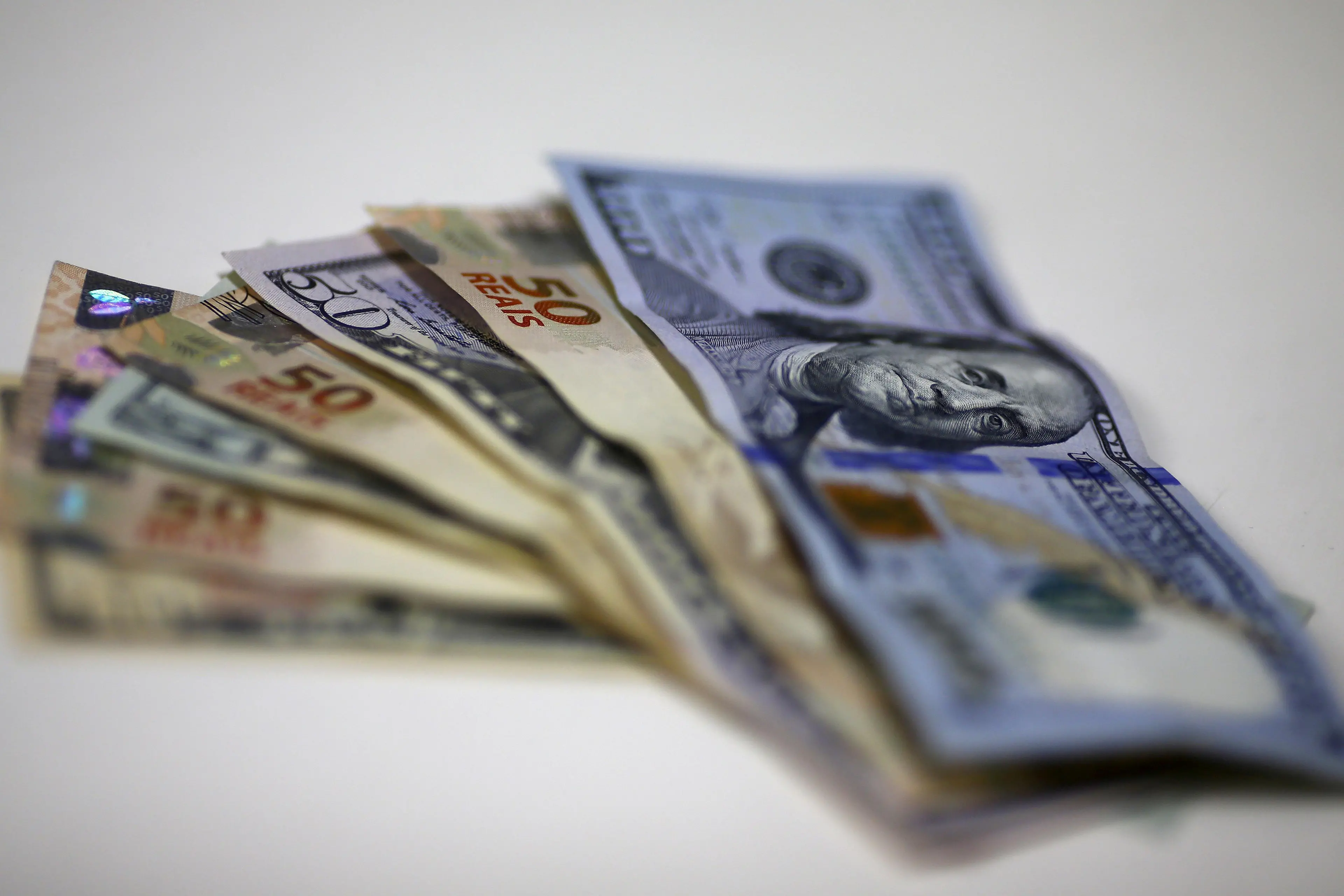PHOTO
LONDON - The Australian dollar rose to a two-and-a-half-month high and the euro gained on Tuesday as U.S. President Donald Trump accepted the transition to a Joseph Biden presidency, which may include former Federal Reserve Chair Janet Yellen as Treasury secretary.
Appetite for riskier assets was evident across the board. Stocks and oil rose as progress made on COVID-19 vaccines, which had underpinned Wall Street overnight, boosted optimism about a quicker revival for the global economy.
Trump acknowledged the head of the General Services Administration should go ahead with a transition to a government led by President-elect Biden, despite plans to continue with legal challenges.
Democratic allies to the Biden campaign said Yellen is expected to be nominated to become Treasury Secretary. She has called for increased government spending to lift the economy out of a coronavirus-induced recession.
"That should be a positive appointment from the market’s point of view, as she is expected to pursue conventional policies," Commerzbank strategists said in a daily note.
"And as far as the fiscal package is concerned, she is likely to listen to the Fed's demands and try and push a package as much as possible."
Yellen has called for more fiscal spending to revive an economy wrecked by the coronavirus pandemic. She would be the first person to head the Treasury, the Fed and the White House Council of Economic Advisers.
In contrast, U.S. Treasury Secretary Steven Mnuchin last week let some of the Fed's lending programmes expire at the end of this year, opening a feud with the central bank, which said those emergency facilities are important to support the economy.
Against a basket of other major currencies, the dollar weakened 0.4% to 92.13, just above Monday's 92.013, the lowest in nearly three months.
The Australian dollar climbed 0.9% to $0.7367. The euro gained 0.4% at $1.1894.
The euro's gains will be a concern for policymakers at December's meeting of the European Central Bank. German Ifo data and PMI surveys showed the European economy is struggling amid lockdowns to slow a second wave of coronavirus infections.
The dollar also struggled after AstraZeneca said its COVID-19 vaccine could be about 90% effective and it would prepare to submit data to authorities around the world, increasing demand for risky assets.
The New Zealand dollar rose as much as 1% to a two-year high of $0.6985, after the country's government sought advice from the central bank on how it could help stabilise property prices, prompting investors to unwind some bets of more easing.
Elsewhere, cryptocurrency Bitcoin scaled a near three-year peak of $19,000.
(Reporting by Saikat Chatterjee; Additional reporting by Hideyuki Sano in Tokyo; editing by Kirsten Donovan, Larry King) ((saikat.chatterjee@thomsonreuters.com; +44-20-7542-1713; Reuters Messaging: saikat.chatterjee.reuters.com@reuters.net))





















